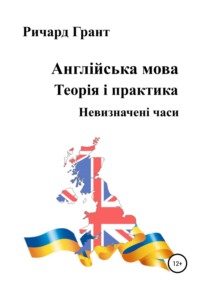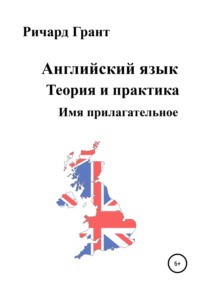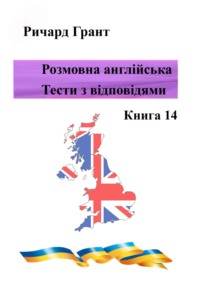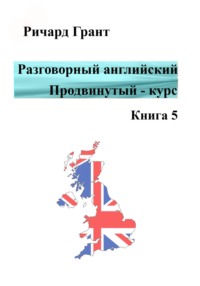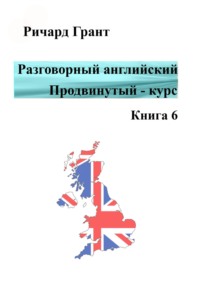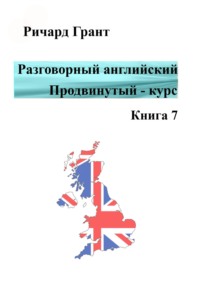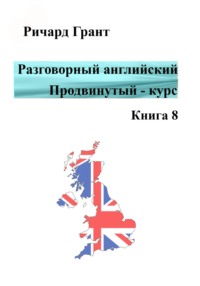Англійська мова. Теорія і практика. Досконалі продовженi часи

Полная версия
Англійська мова. Теорія і практика. Досконалі продовженi часи
Жанр: учебная и научная литератураучебно-методические пособияизучение языкованглийский языкуглубленное изучение английского языкасамоучитель английского языкаанглійська мовазнания и навыки
Язык: Русский
Год издания: 2021
Добавлена:
Настройки чтения
Размер шрифта
Высота строк
Поля
Конец ознакомительного фрагмента
Купить и скачать всю книгу

